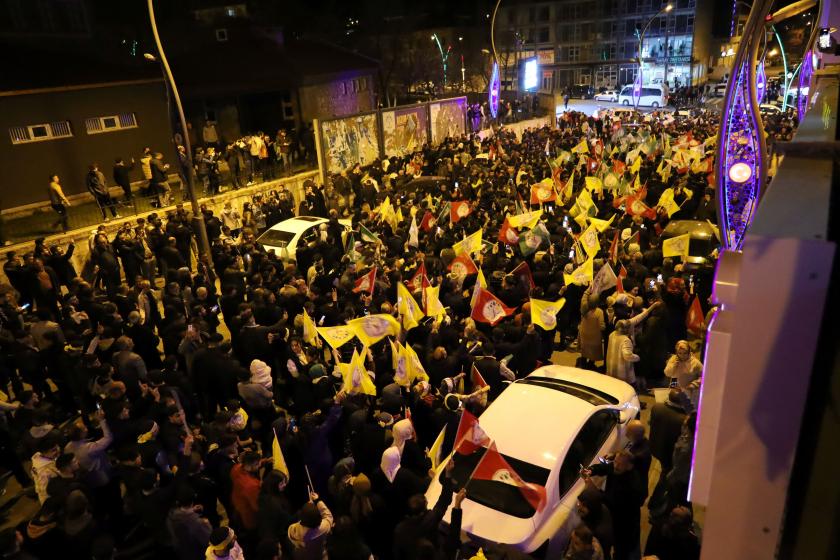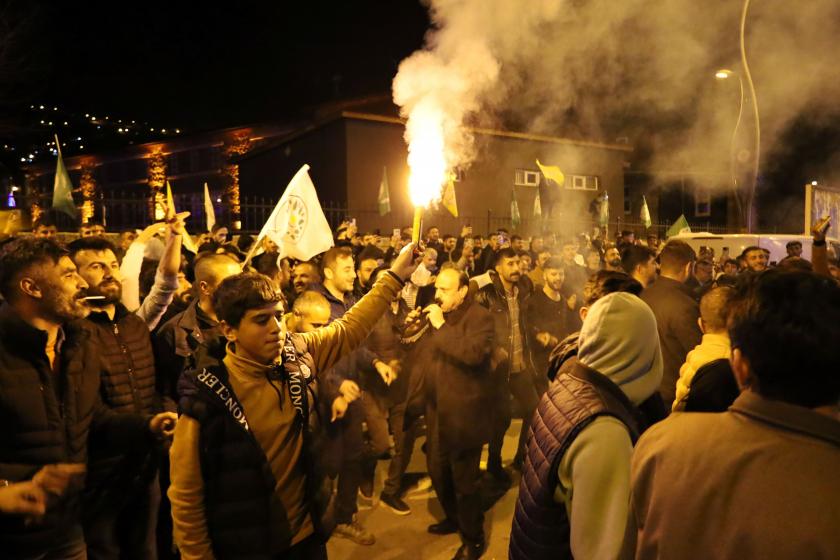After the end of the Second World War, most of the families living in poor neighbourhoods of London were left with no roof over their heads. As the poor begun to occupy the mansions/palaces dotted around Piccadilly-Kensington and Buckingham Palace, the Labour Party government then was left dumbfounded as to what course of action it could take. Despite the efforts to evict the poor families who had each taken over a room in the houses belonging to the rich, with police support, it was not long before when the rooms were taken over once again. After all, the workers of the society that prided itself with its home being its castle were looking for a place to live.
The occupation movement began to gradually take over the country. Empty camps, spaces left unoccupied by their owners for a long time or those without one became the targets of the squatting movement. The fact that the poor’s demand for housing was aired with an occupation movement was to force a state exhausted with war to housing reform, incorporating the construction of some one million units of social housing. By 1960’s this figure had reached 3 million.
Yet these homes built in a rush on a low budget were not very healthy. The collapse of the “Ronan Point” social housing complex in the 1960s, located in East London was to prove the warnings right and this collapse caused a new indignation. Henceforth this demonstrated that residences built with the inadequate material would mean that houses could become a graveyard for the poor. They mobilised once again and ensured through their action the founding of institutions in charge of monitoring of safe housing. In the aftermath, working people who could live in social housing they have been allocated for as long as they wanted on cheap rent, demanded the environmentally viable regulation of their homes and won further rights; living spaces were improved though measures including cultural support, playing areas for children, sports facilities and parks.
For the workers in Britain, social housing were structures through which their problem of housing was resolved on low rents. This is mentioned as a thing of the past since this system has been made to gradually implode from the 1980s onwards. As the dawn broke for neo-liberalism, the Thatcher government then in power had already begun to entertain discussions of selling the social residences to those who lived in them. If at the beginning some of the social housing residents enjoyed buying their homes as though they were paying rent, this had also opened the gate for financial capital to a new area of accumulation due to the mortgage kind of debt; the age of social housing had thus come to an end.
To be sure, this was only the beginning and the rest was to follow through the gentrification of poor neighbourhoods. In Tottenham where sections of the black community, as well as the Turkish and Kurdish community, live, the riots of 2011 had arisen out of a reaction against the results of urban regeneration, against rent increases and against being driven out of their communities.
From 1990s onwards, which was to be a period when Britain opened its doors to cheap labour, the last and usually shabby social housing remaining was to be allocated to the most “disadvantaged” sections at the bottom of society, that is, to migrants, while neighbourhoods undergoing regeneration were left to the mercy of investors’ greed. This was indeed a preference based on a class perspective.
The Grenfell Tower that burned to the ground in one of the most prominent neighbourhoods of London marks the point reached by the housing question, which figured as a subject of class war in Britain in the past. Following the burning of the building where the poorest, migrants and those seeking asylum lived, Jeremy Corbyn, the leader of Labour Party called the people to occupy houses. Nonetheless, it was only in the mid-2000s when the occupations which the young people had started during 1968 movement to establish communes were proscribed.
The Grenfell Tower fire is not far from us at all. It is a situation which won’t be found too strange in a country where workers are victims of fires in tents, where a few people die every day because of murders in work and where soldiers suffer bouts of poisoning due to eating spoiled food. The calamities in Turkey and the social housing massacre in London are two similar rings of the same chain. In a unilateral war declared against the poor, capitalism which has been usurping their homes, cities and their lives, is rendering also the workers in all countries of the world to resemble one another even more.
It is not a coincidence then that justice is the most urgent need both in Britain and in Turkey.



